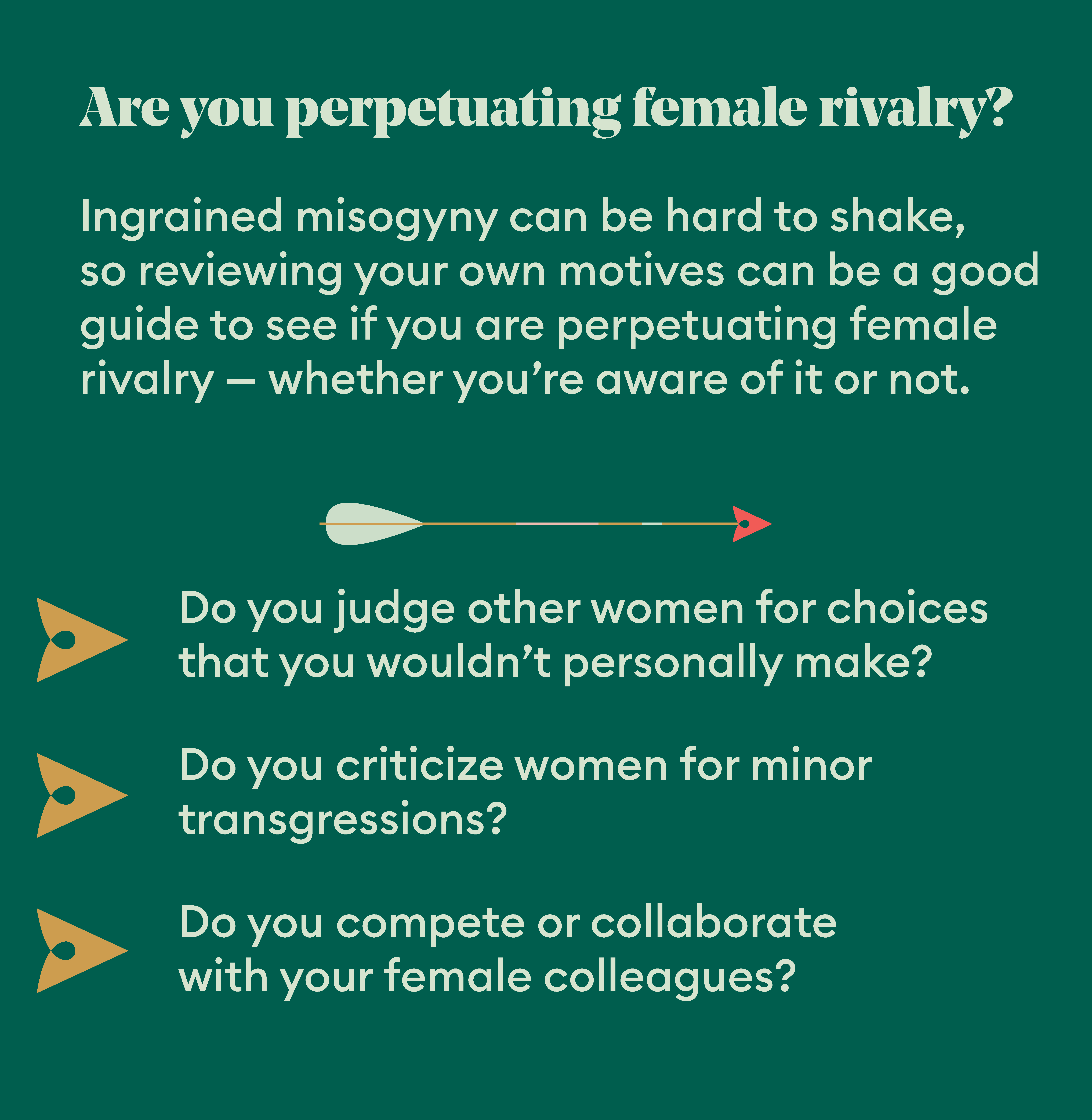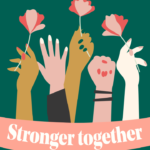How women in management are overcoming obstacles in business
How women in management are overcoming obstacles in business
By Claudia Merrill
Women in the workplace face a number of obstacles to success every day. From microaggressions to female rivalry, in part one of this series our resident HR expert unpacks how women can overcome the challenges they face.
Within the business industry, it can be tough to be a woman. Between pressure to perform and pre-existing stereotypes, being a woman in the business world can be a battle unto itself.
Due to the pandemic, the lines between home and work have blurred, and this can be especially difficult for women trying to balance it all. According to McKinsey’s research, the representation of women in high-ranking roles has grown to 28%, but in general, the move towards workplace equality is slow. A gap still exists which places women at a disadvantage to be considered for leadership positions.
Globally, 60% of the RDB workforce are women, including women in managerial positions. This allows us to achieve gender diversity based on talent and encourage a space for female managers and leadership. In the marketing consulting industry, this is still rare. RDB’s Head of Culture, Sarah Bounouira is herself a woman in management and has coached companies on how to work towards gender equality.
In honor of Women’s History Month and International Women’s Day, we decided to ask our female colleagues what obstacles they face to see if our resident expert, Sarah Bounouira, can shed some light on possible solutions to the ongoing challenges of being a woman in business.
The toxic male work environment
When thinking about obstacles women face in the workplace, often what comes to mind is overt misogyny, however, research shows that women commonly face what are called microaggressions. Microaggressions can take many forms and are often experienced as subtle, intentional, or unintentional behavioral patterns that undermine a woman’s integrity.
RDB’s Managing Partner & Head of CSR, Denise Alonzo-Debout experienced this when starting her career. “When I started my career in the advertising industry I was aware of the fact that it is a male-dominated and often toxic environment,” Denise shares.
Agnes Zottl, RDB’s Account Director, shares a similar story, “I consider myself lucky for ‘only’ being faced with blatant sexism in a way that was manageable professionally. More subtle forms, however, are something I have to deal with (in the industry) quite often.”
While overt misogyny can be heard, dealt with, and managed professionally, subtle microaggressions can be difficult to voice, especially if a superior happens to be male. Microaggressions take the form of assuming a woman is more junior than she actually is, being condescending or talking down, or even questioning a woman’s judgments. According to McKinsey, two-thirds of women experience microaggressions in the workplace on a regular basis.
Paula Horwatitsch Cunha, Project Manager for RDB, recalls her experience with working in an industry that is dominated by men especially in Brazil, her home country: “South America is pretty much a white, male-dominated advertising environment. The primary challenge for me was not seeing women represented in the organigram above me so frequently as men.”
As RDB’s expert in HR and women’s empowerment, this is a case that Sarah Bounouira has often seen. Creating change within an industry can be a difficult task, especially since it isn’t up to any one person, but a collective effort.
When you face discrimination in the workplace, Bounouira advises that you take back your own power in any way that you can. “Raise your voice and don’t be intimidated. It’s important to know your value, to accept your strengths and weaknesses equally, and to stay in alignment with yourself. When you know your values and align with the core of who you are, you are going to perform in the best possible way.”
.@KamalaHarris is the first woman, first Black and first South Asian Vice President of the United States.
— UN Women (@UN_Women) January 20, 2021
Here's to many more moments like this around the world.#GenerationEquality #Inauguration2021 pic.twitter.com/otqPsiQKti
Bounouira also reminds us that women in leadership tend to want to go above and beyond, but healthy boundaries and managing expectations are also key to respecting yourself and therefore being respected by others. “Say ‘no’ when something doesn’t feel right to you. Be realistic about expectations and set your boundaries. People are going to respect you even more.”
Healthy boundaries, especially in the workplace, are necessary to reduce cases of burnout and fatigue. This is particularly important for women since they still take the brunt of the housework, even while working. Bounouira says, “We tend to be afraid to say no and to set our boundaries. Remember, you are the most important person in your life and when you do not feel good and in charge of your work no one else will benefit from it.”
Pitted against each other
The Harvard Business Review research shows that women continue to feel the pressure to compete against each other whether they are in entry-level or senior-level positions. The term “female rivalry” was coined to explain the issue of women using power at work against one another. In many ways, the women that have “made it” in the business world are now using this new-found power to keep other women out.
Alonzo-Debout recalls this happening when she started out, “What surprised me the most though was that other women in the company had a big part in creating or participating in the toxic climate (of the company). As I felt that women should lift each other up, especially at work, it shook me to the core that the female leaders were unwilling to provide any guidance and appreciation to younger women.”
Instead of women in marketing working together to get rid of outdated structures and ideas, many women participate within this toxic culture and perpetuate it. It is common in a business setting for many women to have internalized misogyny, especially because what is seen as “successful leadership” is defined by men.
Bounouira explains that women noticing female rivalry should speak up and take action. “Be a role model. Make the change you want to see for women in business. It starts with each and every one of you. It’s also important for you to be your only competition. Be better than you were yesterday and don’t try to be better than someone else. The moment you compare yourself to someone else, that’s where insecurity starts.”
Insecurity about professionalism and job prospects is often the root cause of female rivalry in the workplace. Instead, Bounouira advises that women support each other, “You can start to have an impact by being a role model for other women. Support each other, challenge each other and embrace the value you can bring as a woman to the business.”
Having female representation in management positions can help to stamp out female rivalry for good, but it has to come from the individual. Alonzo-Debout had this intention from the start, “I will always encourage my team, never create any competition, and foster every relationship that I have the honor to learn from and share as much knowledge as I can.”
Horwatitsch Cunha shares a similar sentiment, “I believe the strategy is not entering the defense mode. To be yourself, unapologetically.”
The issues of microaggression and female rivalry merely scratch the surface of challenges that women globally face at work every day. Check out part two of the article to unpack more wisdom from our resident HR expert, Sarah Bounouira, and to discover how you can overcome the obstacles you face as a woman in the business world.




